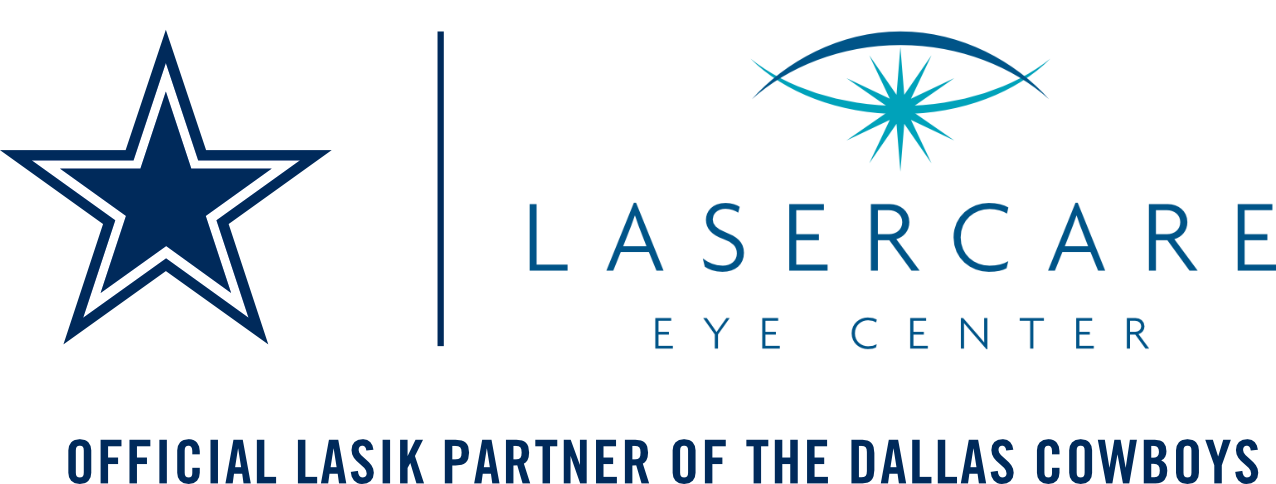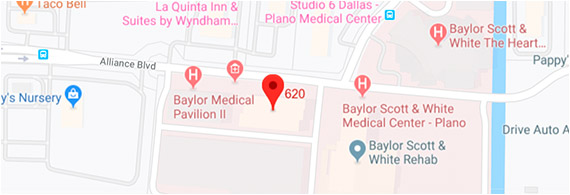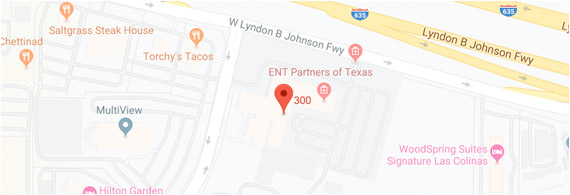Avoid Foggy Glasses

6 Tips to Avoid Foggy Glasses
Glasses are a necessary evil for some people, usually because they don’t want to mess around with contact lenses. Although, any person who wears glasses knows that they get foggy from time to time.
If you need glasses to drive or operate machinery, you’ve probably tried hard not to let your glasses fog up. Regardless of why it’s happening, we’ll go over every solution to prevent foggy glasses – from just cleaning them off to using laser vision corrective surgery to eliminate the need for glasses and contacts all together.
1. Wipe or Clean Your Lenses Properly
It sounds like common knowledge to clean your glasses, but there’s a reason for using proper materials. Anti-fog solutions or soap can prevent water droplets from forming on your lenses.
Soap reduces the surface tension for water droplets to rest on your glasses, so the condensation can more evenly spread out.
Take note that you might need to do this a few times a day for the best results. Plus, anti-fog solutions may contain chemicals that can irritate your eyes, so proceed with caution.
2. Don’t Wear Your Glasses So Close To Your Face
When warm air moves between your glasses and eyes, it causes the lenses to fog up. If you move your glasses further down your nose, more air can move through that space, and you can thereby avoid foggy glasses.
3. Never Use Spit When Cleaning Your Glasses
It may be tempting to use whatever “cleaning” materials are closest at hand, including using your shirt as a lens wiper or spit-shining your lenses.
To properly clean foggy glasses, you’ll need cold water for rinsing and mild dishwasher soap. Using spit and your shirt will not have the same clean, sanitary effect.
4. Request An Anti-Fog Lens Coating
Most eye doctors can apply an anti-fog coating to your lenses. The treatment is applied to both sides of the glasses, creating a surface that repels moisture that would stick to your lenses.
5. Allow Your Glasses To Adjust To Abrupt Temperature Change
If you know that you’ll be moving quickly from a cold environment into a warm one, or vice versa, allow your glasses to adjust to the change to prevent them from fogging up.
For example, in your car, you can gradually adjust the heat. If you enter a building, you can walk slowly inside or stand by the doorway for a second or two. Remaining in that limbo between hot and cold will help decrease fogging, or even eliminate it.
6. Trade Glasses for Contact Lenses
It sounds obvious, but when contact lenses are an option, they are certainly worth considering, especially if you switch between hot and cold environments a lot and might be in danger wearing foggy glasses.
You Can Always Try Laser Vision Correction Surgery
While it sounds like an extreme fix for foggy glasses, laser vision corrective surgery is a common elective surgery – one of the highest performed in the country, with over 700,000 LASIK procedures each year.
The surgery is supposed to reshape your cornea so that light reflects properly into the eye. All vision correction procedures work to fix both nearsightedness and farsightedness. If performed well, the procedure can eliminate the need for glasses or contacts, though some might still need them after.
There are many different types of laser vision correction surgery. Some are more invasive than others, and some have a longer recovery time. Whichever one you pick depends on many factors, and consulting an eye doctor beforehand is always a good idea. In most cases, laser vision correction surgery costs around $5,000, but some offices might do it for slightly cheaper.
Some patients may be wary of laser vision correction surgery. Luckily, only one out of several thousand cases might cause an eye infection, and regular antibiotics can clear it straight away.
With the proper precautions in place, the procedure should go off without a hitch – no antibiotics needed.
LASIK (Laser-Assisted In-Situ Keratomileusis)
LASIK is the most popular form of laser vision correction surgery today. It has a shorter recovery time than other vision correction surgeries, but it is more invasive. The surgeon opens a flap of outer corneal tissue to get inside the cornea, where a laser will reshape the cornea according to the patient’s eye prescription. Afterward, the flap goes back where it was, with a newly shaped cornea beneath it.
A huge part of choosing a laser vision correction surgery is whether you qualify for it. For instance, with LASIK, you and your eye doctor should consider the surgery’s benefits with how the surgery may impact your cornea.
SMILE (Small-Incision Lenticule Extraction)
SMILE is the newest version of laser vision correction surgery, using a much more precise laser than LASIK. It creates a disk-shaped piece of corneal tissue that gets removed through a tiny incision in the cornea. Doing so eliminates the need for a tissue flap.
Although this procedure has a longer recovery time than LASIK, it does preserve more of the cornea’s natural biochemical strength, and there is less disturbance of the corneal nerves. People with dry eyes might benefit more from SMILE, in that case.
Will You Still Need Glasses Or Contacts After Surgery?
One common myth about laser vision correction surgery is that you may still need glasses for a while after. In some cases, that may be true, but glasses or contacts are not necessary most of the time.
If you wish, ask your eye doctor to prescribe contact lenses that mimic the surgery’s final effects. Doing so may tell you how long you may still need glasses or contacts after surgery.
Bottom Line
Wherever you go, there is always a sanitary, effective way to clean foggy glasses. You can ask your eye doctor to treat your glasses with an anti-fog solution, or you can clean them yourself with mild soap and a clean lens wipe, but never with your shirt or spit.
If you’d prefer to go without glasses or contacts, you can consider laser vision correction surgery, but just make sure that you consult with your eye doctor first.






